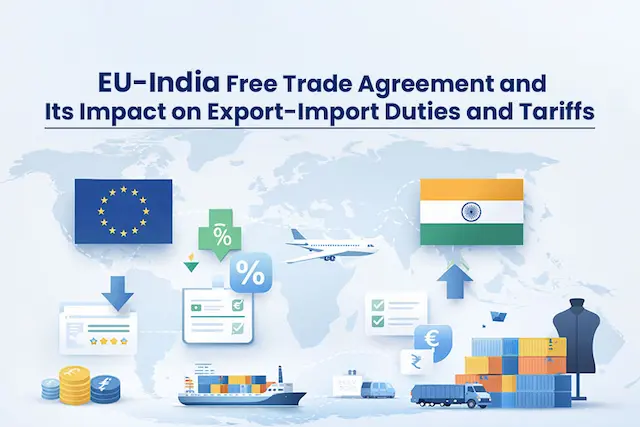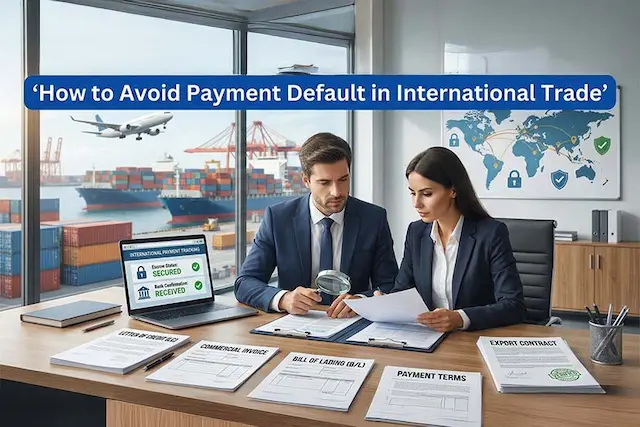Incoterms are sales conditions that parties involved agree to before trading products or services internationally. These words are issued by chambers of commerce and are approved by governments and agencies worldwide. It is critical for exporters and importers to keep up with Incoterms since they are constantly changing and affect many elements of product dealing, such as costs, formalities, dangers, and so on. Incoterms specify which expenses and risks are to be handled by the purchasers and which the sellers must retain.
Incoterms is an acronym for International Commercial Terms established by the International Chambers of Commerce. Most of these phrases are related to and function as part of international trade legislation. All players in international trade, including buyers, sellers, banks, shipping lines, port authorities, customs, and insurance firms, rely on these universally applicable basic norms. These phrases provide explicit standards and restrictions, as well as serve as proof for future use. These clauses explicitly describe how the two parties will split the expenses and risks associated with the sale. As a result, INCOTERMS play an essential role in exports and imports.
Incoterms You Need to Know:
- EXW (Ex-Workers or Ex-warehouse): Ex Works signifies that a seller must deliver the things requested by the customer to the buyer’s specified location, such as a factory or warehouse. The seller is not required to put the items into the vehicles before the exports in this case.
- FCA (Free Carrier): A free carrier occurs when the vendor delivers the items to the customer at any predetermined location. Because the risk is transferred to the buyer in this situation, it’s critical to include the locations and timings in the documentation.
- FAS (Free Alongside Ship): Free Alongside Ship is when the vendor delivers the items alongside the ship or vessel in which the cargo is scheduled to be loaded at the buyer’s request. After the goods have been transferred, they pass the risks and costs to the buyer.
- FOB (Free On Board): Free On Board is a shipping word that specifies if the vendor and customer are both responsible for any damage or destruction to the goods. FOB origin refers to when a customer pays for the delivery of goods from a warehouse and takes possession of the item.
- CFR (Cost and Freight): The supplier delivers the products to the ports, and the customer is responsible for all risks and costs after that. They should make this clear in the contract for the sale of products, and the seller must cover the expenses and freight of delivery of the items to the specified port or any other location.
- CIF (Cost, Infrastructure, and Freight): The seller must agree on simple terms and conditions of sale. He is responsible for all fees, freight, and insurance coverage (if any) until the cargo is delivered to the buyer’s specified location. Following that, the buyer is responsible for the charges.
- CPT (Carriage Paid To): The seller must present the products to be sold to the carrier and pay for the transport fees incurred under carriage paid to.
- CIP (Carriage and Insurance Paid to): Under CIP, the seller just pays for the bare minimum of insurance coverage. If the buyer desires additional protection coverage, he may do so at his own risk and expense.
- DAP (Delivered at Place): The vendor delivers the products to the buyer’s specified location and assumes all risks until they are delivered and unloaded.
- PDF (delivered at place unloaded): The seller assumes all risks associated with delivering goods to ports and unloading them before putting them at the buyer’s disposal.
- DDP (Delivered Duty Paid): The seller clears the products for imports on the buyer’s side after the goods are delivered to the buyer. The customer is responsible for any subsequent risks and expenditures.




